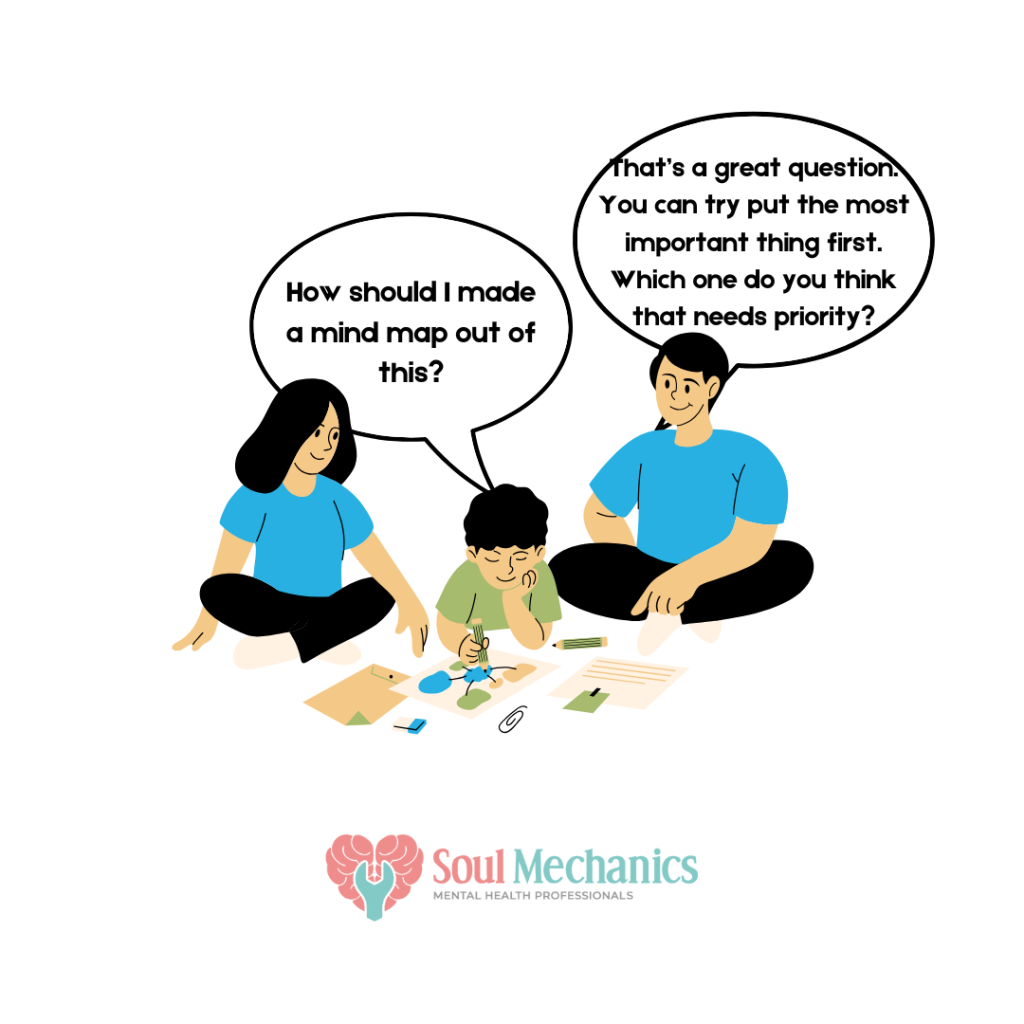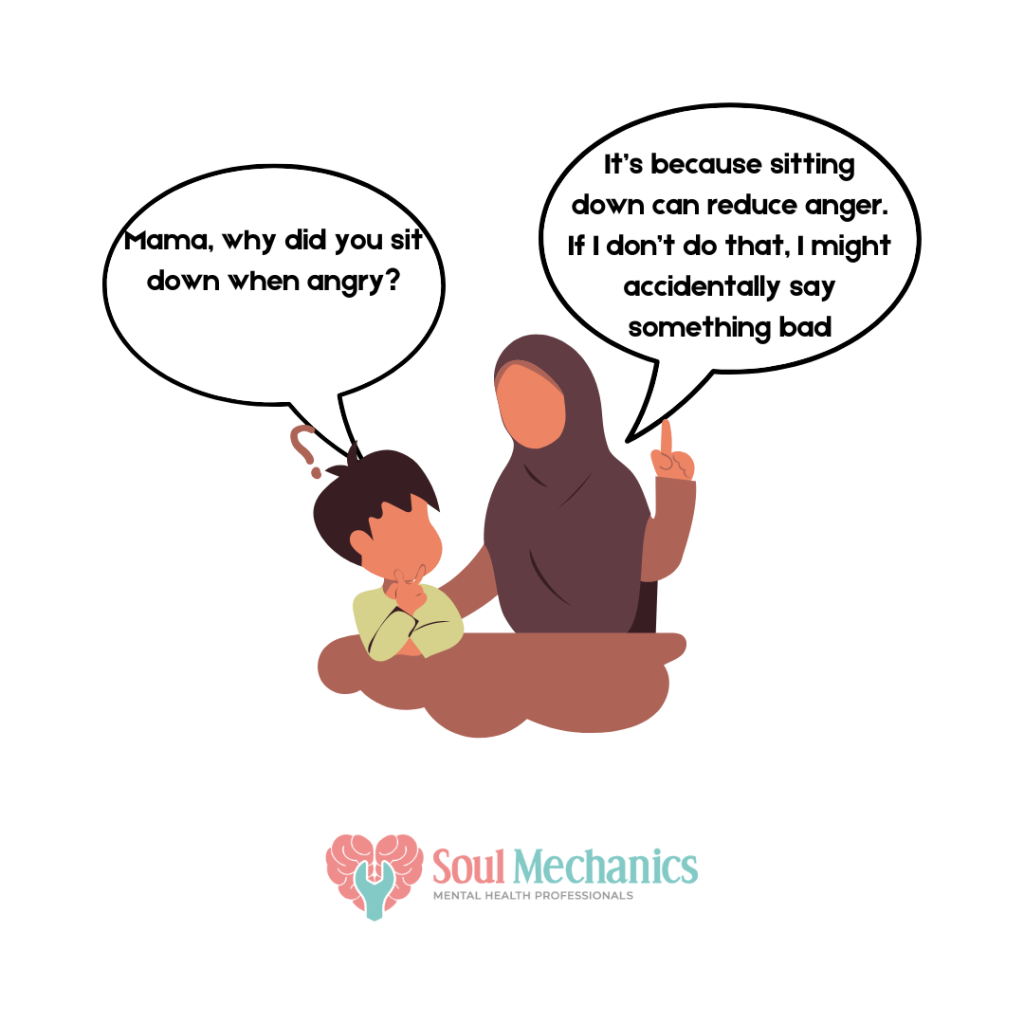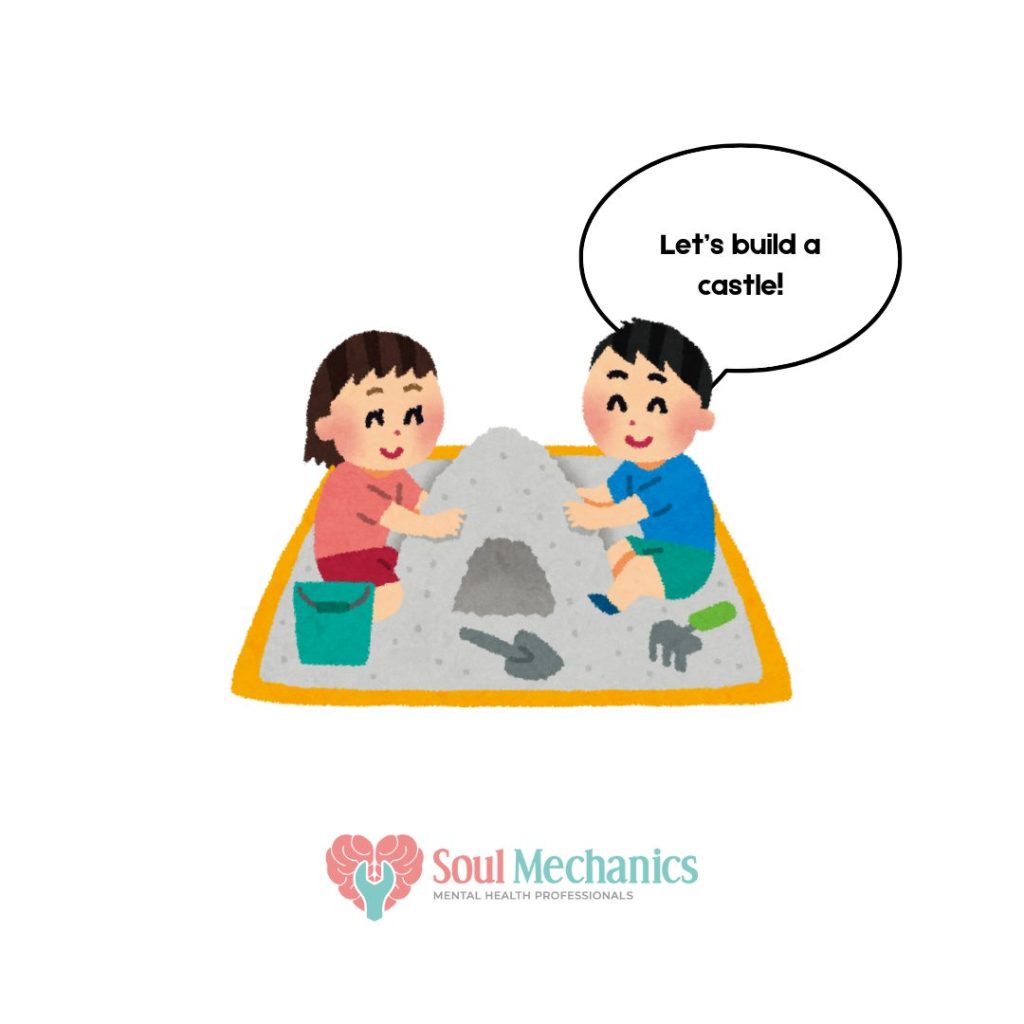How Ideal Parenting Shapes an Ideal Image for Exceptional Children
How Ideal Parenting Shapes an Ideal Image for Exceptional Children

Written by Jenefa Anthony | KB 11780

Parenting is one of life’s greatest challenges and rewards, requiring a blend of love, discipline, guidance, and understanding. At the heart of ideal parenting is the goal of raising well-rounded children who are emotionally intelligent, resilient, and capable of adapting to life’s challenges. This article explores the core elements of ideal parenting, from fostering emotional security to encouraging independence, curiosity, and a love for learning.
Building a Strong Foundation: Emotional Security in Ideal Parenting
An essential component of ideal parenting is creating a solid foundation of emotional security. When children grow up feeling loved and supported, they build the self-worth and confidence needed to handle life’s challenges.
Why Emotional Security Matters
A secure bond with caregivers encourages children to explore, take risks, and become independent. It also teaches them to express their emotions openly, building trust and better communication skills.
Tips for Ideal Parenting and Emotional Security
- Teach emotional regulation by modeling healthy ways to handle stress and frustration.
- Spend quality time with your children to strengthen emotional bonds.
- Encourage them to express their feelings without fear of judgment.

Balancing Freedom and Discipline in Ideal Parenting
The hallmark of ideal parenting is the ability to balance freedom and discipline. This balance helps children develop critical thinking skills, creativity, and self-control.
Parenting Styles and Their Impact
- Permissive Parenting: Too much freedom with little structure can lead to poor self-discipline.
- Authoritarian Parenting: Overly strict rules can suppress creativity and independence.
- Authoritative Parenting: This balanced approach combines nurturing support with clear expectations, fostering independence and responsibility.

Tips for Balancing Freedom and Discipline
- Praise efforts and resilience, focusing on the process rather than outcomes.
- Set clear rules and explain their importance to encourage understanding.
- Provide choices within boundaries to teach decision-making.
Sparking Curiosity and a Love for Learning
Another cornerstone of ideal parenting is nurturing a child’s curiosity and passion for learning. This is achieved by creating an environment that encourages exploration and embraces challenges as growth opportunities.
The Role of Curiosity in Development
Curiosity fosters persistence, resilience, and problem-solving skills. Parents can nurture this by showing that failure is a natural part of learning.
Tips for Nurturing Curiosity in Ideal Parenting
- Celebrate effort and improvement to instill a love for learning.
- Answer questions thoughtfully to fuel their curiosity.
- Expose children to diverse experiences like books, nature, and cultural activities.

Raising Emotionally Intelligent Children
A key goal of ideal parenting is developing emotional intelligence, which helps children manage their own emotions and empathise with others. Emotional intelligence equips children to navigate social situations, resolve conflicts, and build meaningful relationships.
How Ideal Parenting Promotes Emotional Intelligence
- Model Healthy Emotional Behavior: Demonstrate empathy and patience.
- Encourage Empathy: Teach children to consider how others might feel in different situations.
- Foster Emotional Awareness: Help children recognize and label their emotions.

Tips for Building Emotional Intelligence
- Validate your child’s feelings to build self-awareness and trust.
- Talk openly about emotions and coping strategies.
- Role-play scenarios to teach conflict resolution.
Encouraging Independence and Responsibility
Independence and responsibility are central to ideal parenting. By assigning age-appropriate tasks, parents help children build confidence and a sense of self-reliance.
Why Independence Matters
When children are given opportunities to solve problems and make decisions, they develop critical thinking skills and resilience, key traits for future success.
Tips for Encouraging Independence in Ideal Parenting
- Celebrate small successes to reinforce their sense of responsibility.
- Assign household tasks, such as setting the table or organizing toys.
- Encourage problem-solving by asking guiding questions instead of offering solutions.

The Role of Play in Ideal Parenting
Play is often overlooked but is a vital part of ideal parenting. It fosters creativity, social skills, and emotional resilience while strengthening the parent-child bond.

Tips for Encouraging Play
- Promote outdoor activities to boost physical health and cognitive development.
- Provide opportunities for free, unstructured play where children can use their imagination.
- Join in on their play, letting them take the lead in creating scenarios.
The Impact of Ideal Parenting on Exceptional Children
Parenting is about guiding children to become the best versions of themselves, equipping them to navigate life’s complexities with confidence and grace. The principles of ideal parenting aren’t about rigid rules but about fostering love, guidance, and independence in a balanced way. By creating a nurturing environment, parents can help their children become emotionally intelligent, resilient, and creative individuals ready to succeed in life.
Key Takeaways:
- Foster independence by assigning age-appropriate tasks.
- Build emotional security through love and support.
- Balance freedom and discipline to nurture responsibility and creativity.
- Encourage curiosity and a love for learning by celebrating effort and improvement.

If you enjoyed reading this, why not broaden the horizon of knowledge by learning about "Revenge Bedtime Procrastination"? You can read the blog here.
For more content related to mental health do follow us on our official Instagram.

